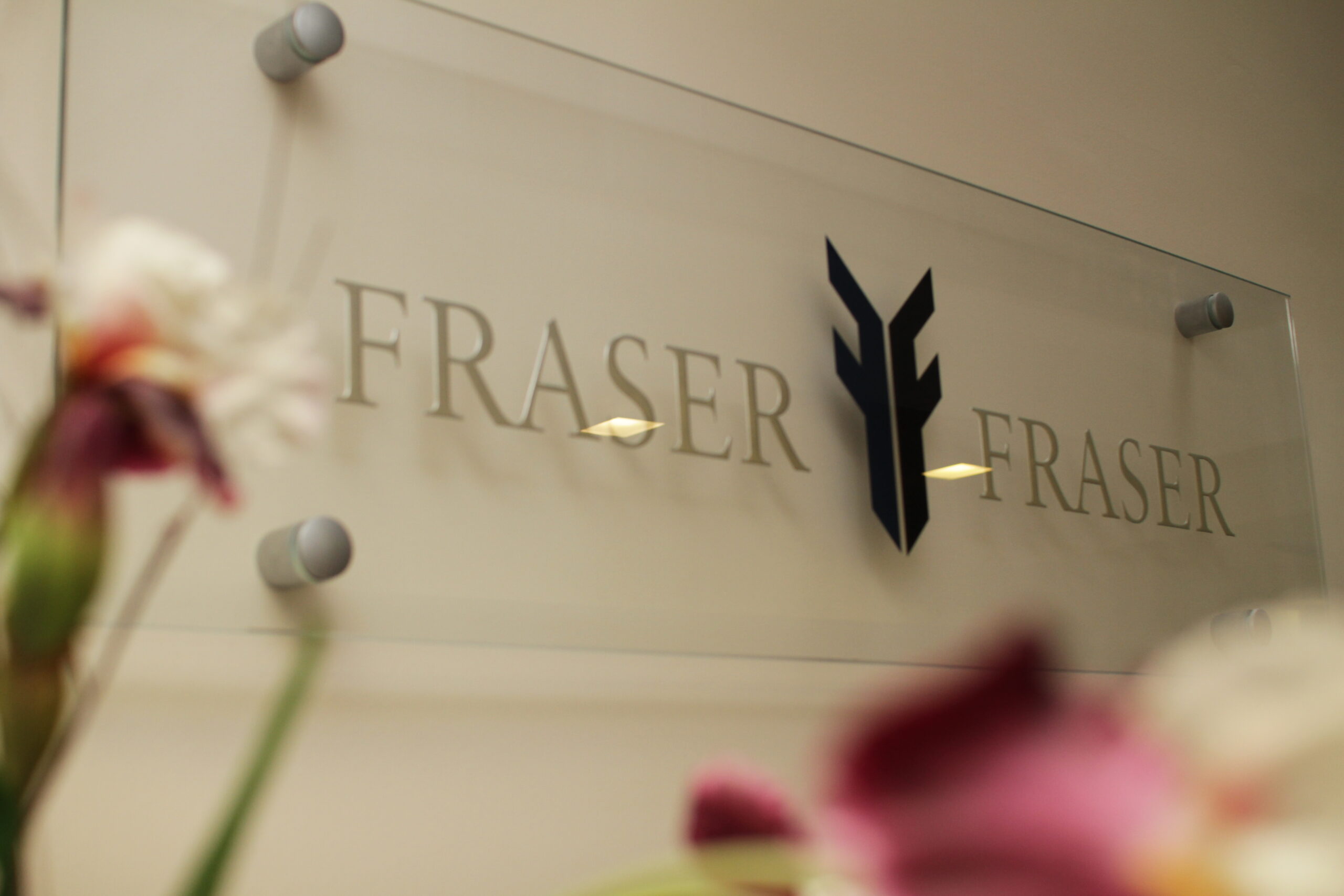Who We are
What they say
Research
Services
Empty Homes
your questions
answered
answered
client zone
News & Insights
Webinar Hub






 EXPLORE
EXPLORE